The Enforcement of Foreign Arbitral Awards: A Closer Look at the New York Convention
This book concentrates on the enforcement of foreign arbitral awards under the New York Convention. It is to be noted that the subject is an immense area which allows for an unlimited amount of analysis and discussion. Therefore, the focus will be directed at those key issues which, in the author's estimation, are most likely to represent the core of recognition and enforcement before the national courts.The importance of this book stems from the importance of arbitration as a peaceful means to settle disputes in the field of international trade. In fact, the effectiveness of international arbitration depends on the question of whether the awards can be enforced against the losing party. Therefore, the enforcement of foreign arbitral awards is considered as a significantly important subject in the field of international commercial arbitration.The main objectives of this book are: to provide a detailed and comprehensive account of how foreign arbitral awards are recognised and enforced; to identify and analyse the main controversies and complexities in the judicial application of the New York Convention; to cast light on unexplored corners and highlight unanticipated problems; and to suggest ways forward for the legal systems in question. This book seeks also to examine the commitment of the countries towards the application of the New York Convention, particularly with regard to the application of Article V in refusing the enforcement of foreign awards.The use of a comparative method in this book will provide more information for understanding the countries’ attitudes toward foreign arbitration. This method will provide similarities and differences between the roles of national courts in enforcing foreign arbitral awards, and can be used to deduce the best way to implement the provisions of foreign arbitral awards. It highlights also areas of strengths and weaknesses concerning the law prevailing in each jurisdiction. In this regard, the author would like to state that this is the first comparative study addressing the subject of foreign awards enforcement under the current regimes in almost all countries (common law and civil law countries). Therefore, this book will act as a valuable resource and will enrich the legal library with a contemporary comparative study.
{{comment.content}}
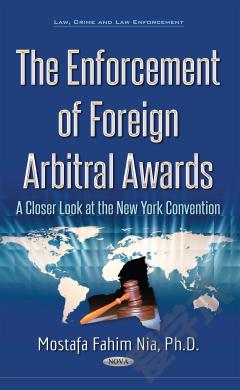
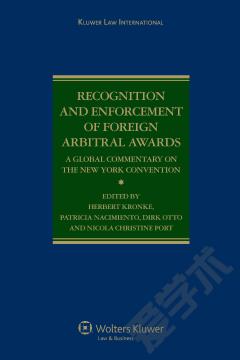


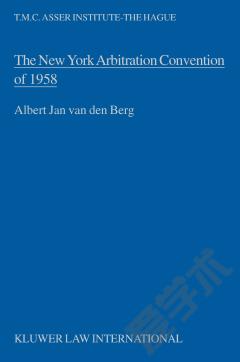
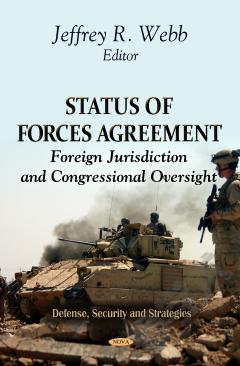
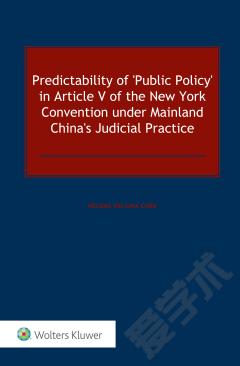

 京公网安备 11010802027623号
京公网安备 11010802027623号